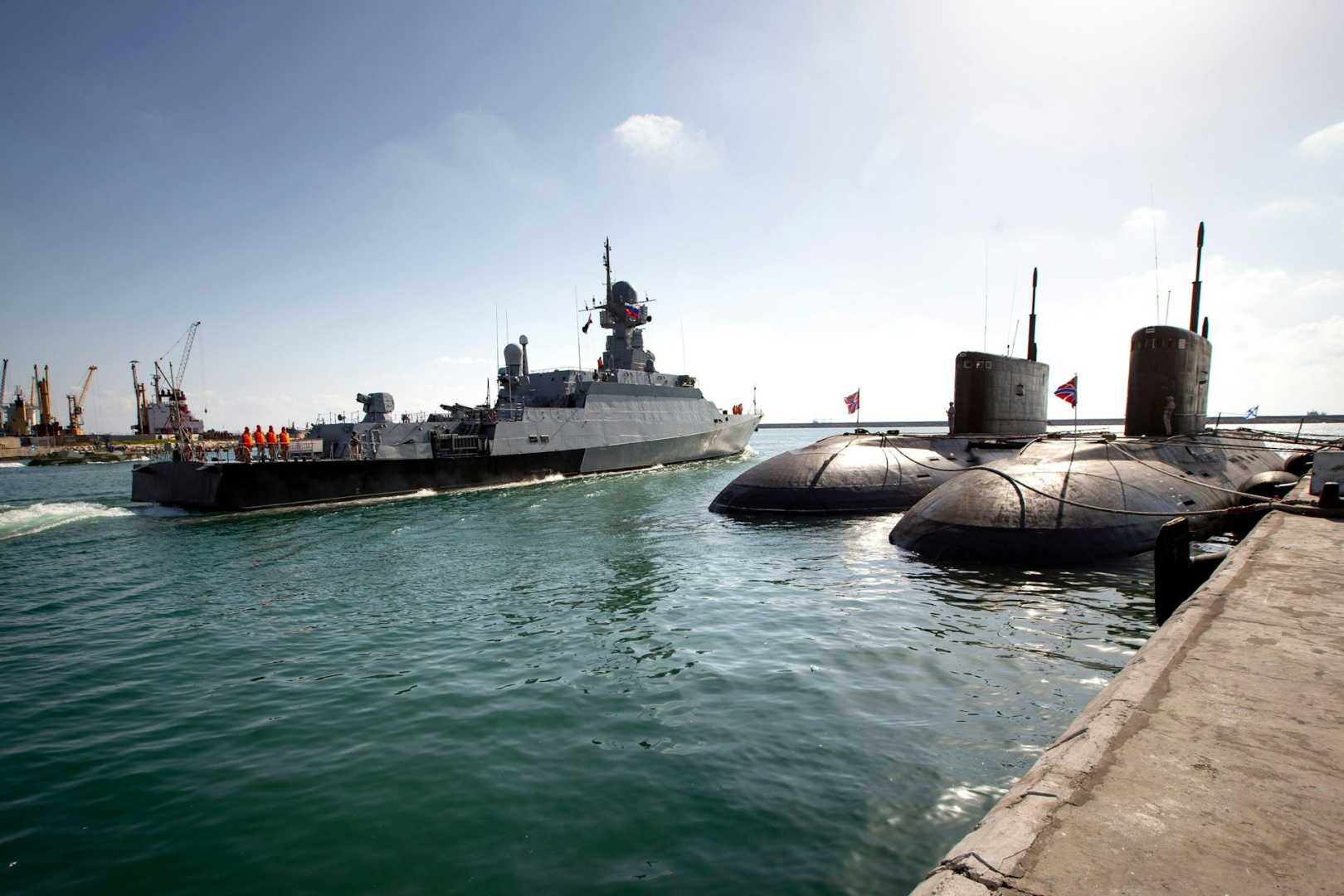News
Russia Faces Significant Strategic Defeat with Potential Loss of Syrian Naval Base

Russia is on the brink of a significant strategic defeat with the potential loss of its naval base in Tartus, Syria, a development that could severely impact its global military presence and power projection capabilities. The base, which has been a crucial logistical hub for the Russian navy in the Mediterranean since its establishment in 1971, is at risk due to the collapse of the Assad regime in Syria.
The recent rebel blitz offensive against the Syrian army has led to the rapid collapse of the Assad regime, much faster than anticipated by experts. This collapse has immediate implications for Russia’s military foothold in Syria, including the loss of its historic naval base in Tartus. The base has served as a vital support point for Russian warships, allowing them to resupply and undergo maintenance without returning to their Black Sea bases.
The loss of Tartus is particularly critical given the current geopolitical context. Following Russia’s full-scale invasion of Ukraine in 2022, Turkey invoked the Montreux Convention, closing the Bosphorus Strait to Russian warships. This has made the Tartus base essential for maintaining Russia’s naval presence in the Mediterranean, as it provides the only location for extended maritime operations and access to dry docks, ship repair facilities, and refueling infrastructure.
The consequences of losing Tartus extend beyond the Mediterranean. Russia’s ability to sustain its military-maritime presence in the region will be severely compromised, affecting its power projection capabilities in the Middle East and Africa. The base has been a key logistical hub for Russian military-commercial activities in North Africa, the Sahel, and sub-Saharan Africa, supporting operations in countries such as Libya, the Central African Republic, Mali, and Sudan.
Analysts believe that the loss of the Tartus base will disrupt Russian logistics, supply replenishment, and the rotation of troops, particularly weakening Russian operations in Libya and sub-Saharan African countries. While Russia might attempt to use its presence in Libya and Sudan as alternatives, these options are inadequate due to the lack of official agreements and insufficient infrastructure.
The symbolic impact of losing the Tartus base is also significant, hitting at Russia’s global credibility and image as a great power. This setback comes at a critical time for Moscow, especially with the potential of a second Trump presidency in the United States, which could further challenge Russia’s global influence.












